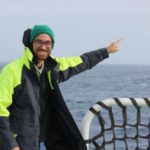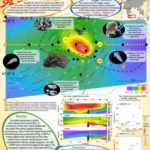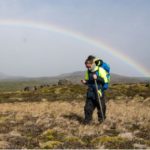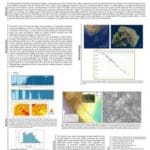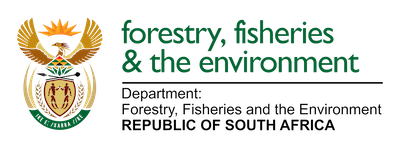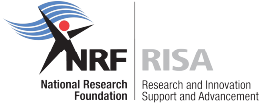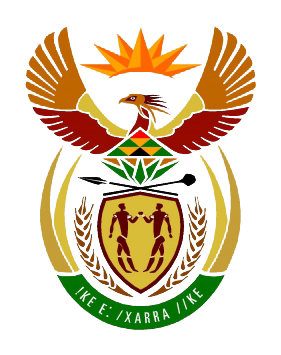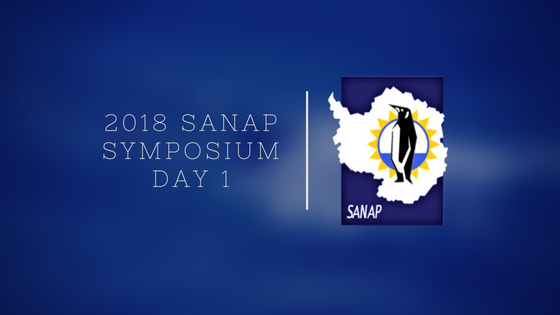
by Fishgate@sanap | Aug 12, 2018 | News
The 5th biennial SANAP Symposium is organised by the Cape Penisula University (Kenneth Findlay) and South African National Space Agency (Michael Kosch). The symposium is held in Hermanus this year from tomorrow, 13 Augustus, until Thursday.
During this week, 134 delegates will be attending the symposium. The symposium will provide delegates the opportunity to present their research within the Southern Ocean, Antarctic and sub-Antarctic regions.
A public lecture on ‘South Africa’s legacy within the Antarctic region’ will be presented tomorrow at 19:00, in the Hermanus Municipal Auditorium (click here for more information on this event).
First day’s Programme:
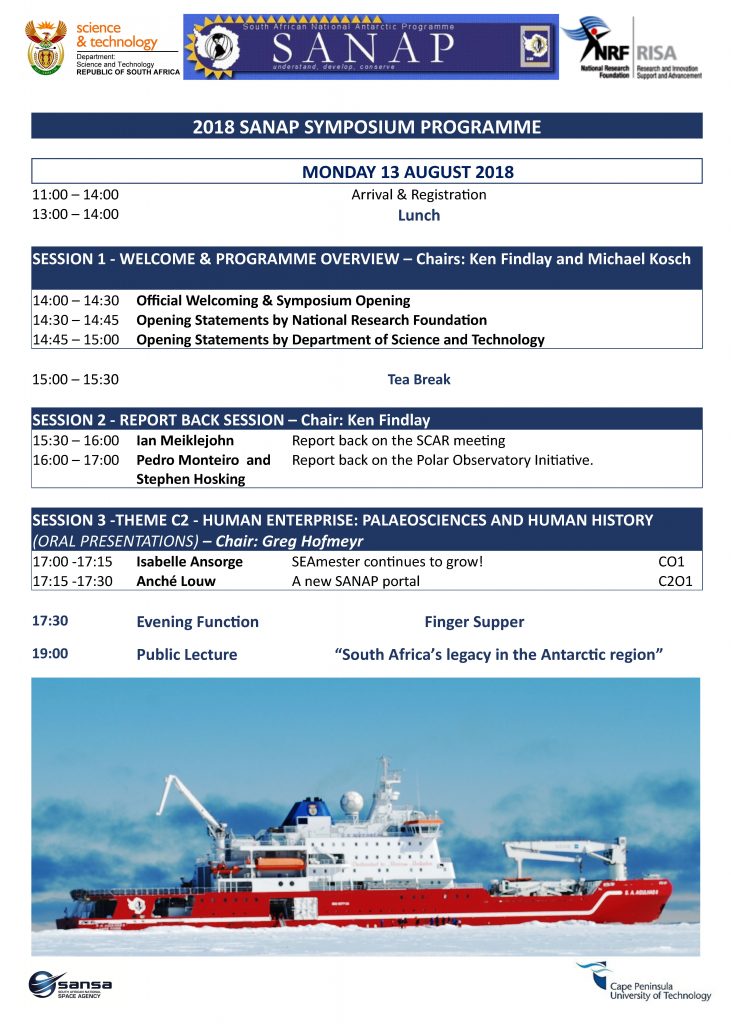
For the full programme and abstracts – click here.
For a shortened version of the programme – click here.
Author: Anché Louw (Antarctic Legacy of South Africa), 12 August 2018.
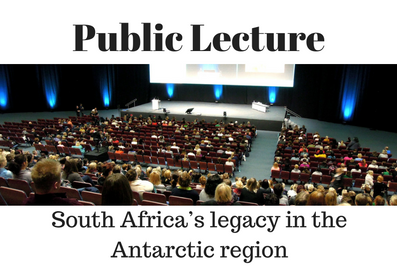
by Fishgate@sanap | Aug 7, 2018 | Announcement

Author: Anché Louw (Antarctic Legacy of South Africa), 07 August 2018.
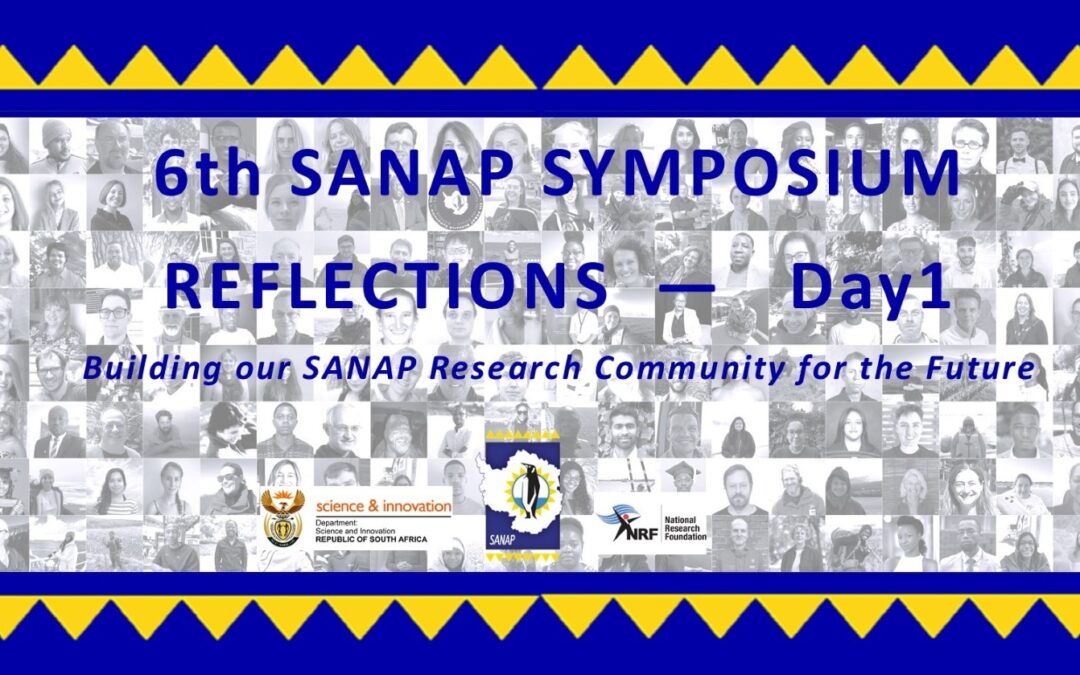
by Ria Olivier | Feb 5, 2024 | Research, SANAP, Uncategorised
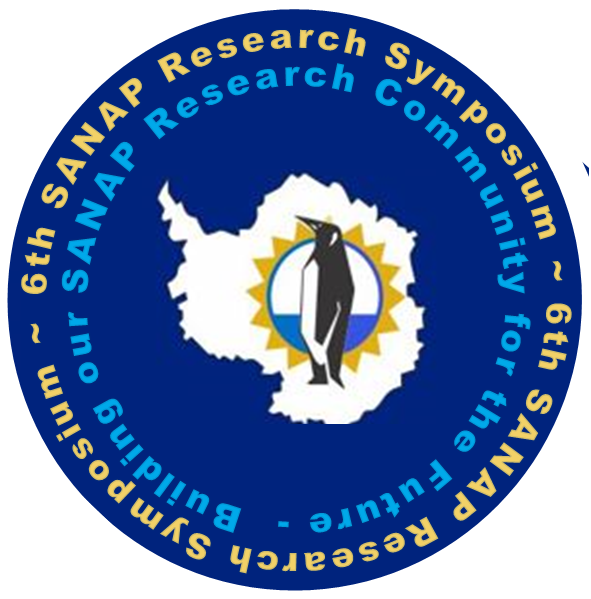
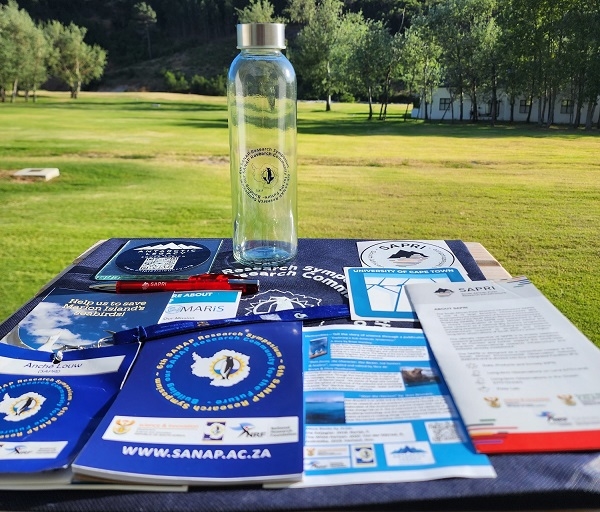 The 6th SANAP Research symposium was held at Houw Hoek Hotel in the Western Cape, from 27 November to 1 December 2023. A series of posts will be done on the SANAP website to give feedback on sessions and more will follow in the next few weeks.
The 6th SANAP Research symposium was held at Houw Hoek Hotel in the Western Cape, from 27 November to 1 December 2023. A series of posts will be done on the SANAP website to give feedback on sessions and more will follow in the next few weeks.
Delegates started arriving and most were settled in on Monday evening. Delegates from South Africa, Finland, and the United Kingdom spent the week networking with each other and with students, and listening to talks within the thematic themes identified under the South African National Antarctic Programme (SANAP). All delegates received a welcoming package to get them through the symposium.(Left: Photo Credit – Anché Louw, SAPRI)
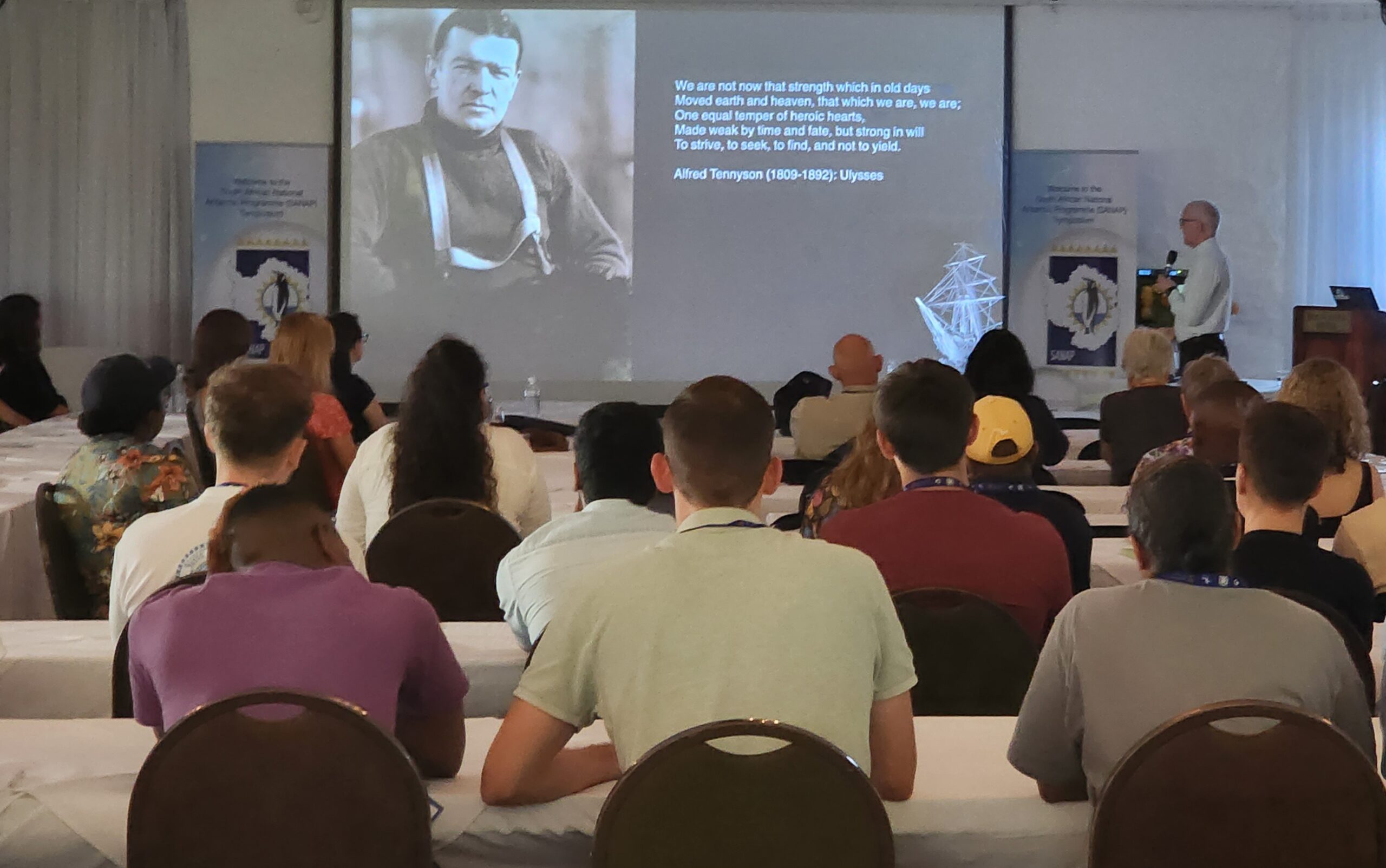 The symposium started with a keynote lecture by Prof Jukka Tuhkuri of Aalto University, Finland on the expedition to find the shipwreck of the Endurance: “On March 5th, 2022 an international Endurance22 expedition located the wreck of Endurance, the lost vessel of Ernest Shackleton. The Endurance22 expedition was organized by the Falklands Maritime Heritage Trust and the expedition team was taken to the wreck site by S.A. Agulhas II, captain Knowledge Bengu and his crew. Jukka outlined and discussed the three goals of the expedition: to locate the wreck, to tell the story of Endurance to new generations, and to conduct scientific work. The science team onboard included scientists from Stellenbosch University and Aalto University. The Keynote lecture discusses, inter alia, who Shackleton was, how the Endurance was lost and found, and what was learned on the Weddell Sea Expedition” abstract supplied by Prof Tuhkuri. (Above: Photo Credit – Anché Louw, SAPRI)
The symposium started with a keynote lecture by Prof Jukka Tuhkuri of Aalto University, Finland on the expedition to find the shipwreck of the Endurance: “On March 5th, 2022 an international Endurance22 expedition located the wreck of Endurance, the lost vessel of Ernest Shackleton. The Endurance22 expedition was organized by the Falklands Maritime Heritage Trust and the expedition team was taken to the wreck site by S.A. Agulhas II, captain Knowledge Bengu and his crew. Jukka outlined and discussed the three goals of the expedition: to locate the wreck, to tell the story of Endurance to new generations, and to conduct scientific work. The science team onboard included scientists from Stellenbosch University and Aalto University. The Keynote lecture discusses, inter alia, who Shackleton was, how the Endurance was lost and found, and what was learned on the Weddell Sea Expedition” abstract supplied by Prof Tuhkuri. (Above: Photo Credit – Anché Louw, SAPRI)
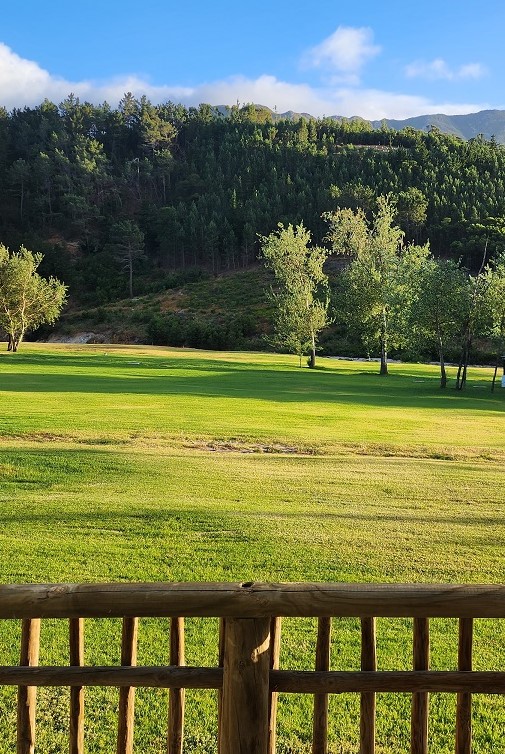 A welcoming reception took place after the keynote lecture . This reception allowed members of the SANAP community (both old and new) to interact in an informal meet and greet for the first time since the last Symposium in 2018. The 2020 Symposium was cancelled due to the COVID-19 pandemic, and a decision was made to postpone the 2022 Symposium to allow the SANAP community to generate new data post-pandemic.
A welcoming reception took place after the keynote lecture . This reception allowed members of the SANAP community (both old and new) to interact in an informal meet and greet for the first time since the last Symposium in 2018. The 2020 Symposium was cancelled due to the COVID-19 pandemic, and a decision was made to postpone the 2022 Symposium to allow the SANAP community to generate new data post-pandemic.
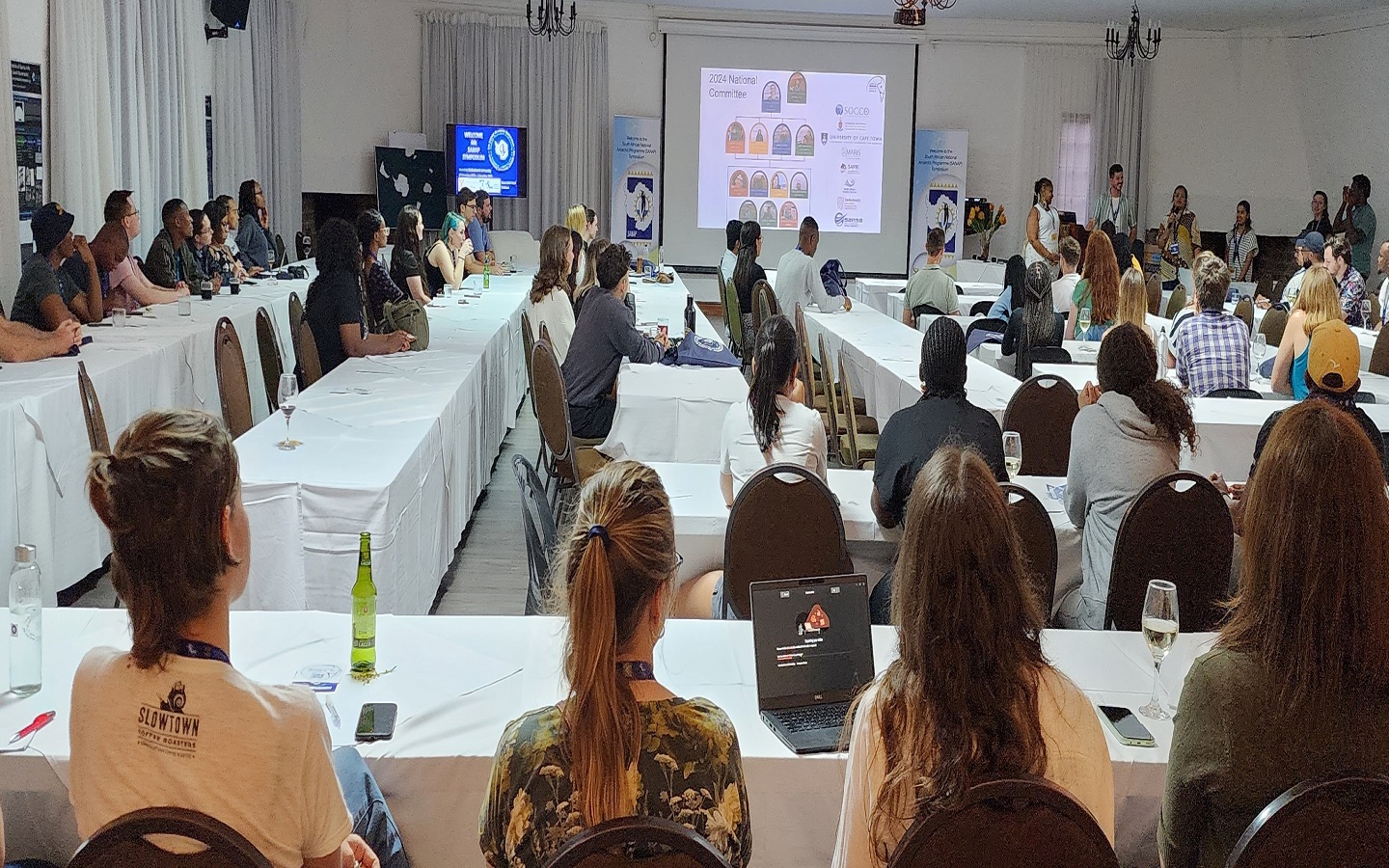 Afterwards a workshop was held by the Association for Polar Early Career Scientists of South Africa (APECSSA), and they reported back to the SANAP community n Day 3 of the symposium. (Right: Photo Credit: Anché Louw – SAPRI)
Afterwards a workshop was held by the Association for Polar Early Career Scientists of South Africa (APECSSA), and they reported back to the SANAP community n Day 3 of the symposium. (Right: Photo Credit: Anché Louw – SAPRI)
 Prior to the commencement of the Symposium, a meeting of the members of the South African national committee for Scientific Committee on Antarctic Research (SCAR) took place chaired by Prof Bettine van Vuuren and was attend in person and online by members of the committee. Prof van Vuuren as chair of the national committee feedback on day 2 of the symposium.
Prior to the commencement of the Symposium, a meeting of the members of the South African national committee for Scientific Committee on Antarctic Research (SCAR) took place chaired by Prof Bettine van Vuuren and was attend in person and online by members of the committee. Prof van Vuuren as chair of the national committee feedback on day 2 of the symposium.
More posts on sessions and presentations of the 6th SANAP research Symposium in the coming weeks.
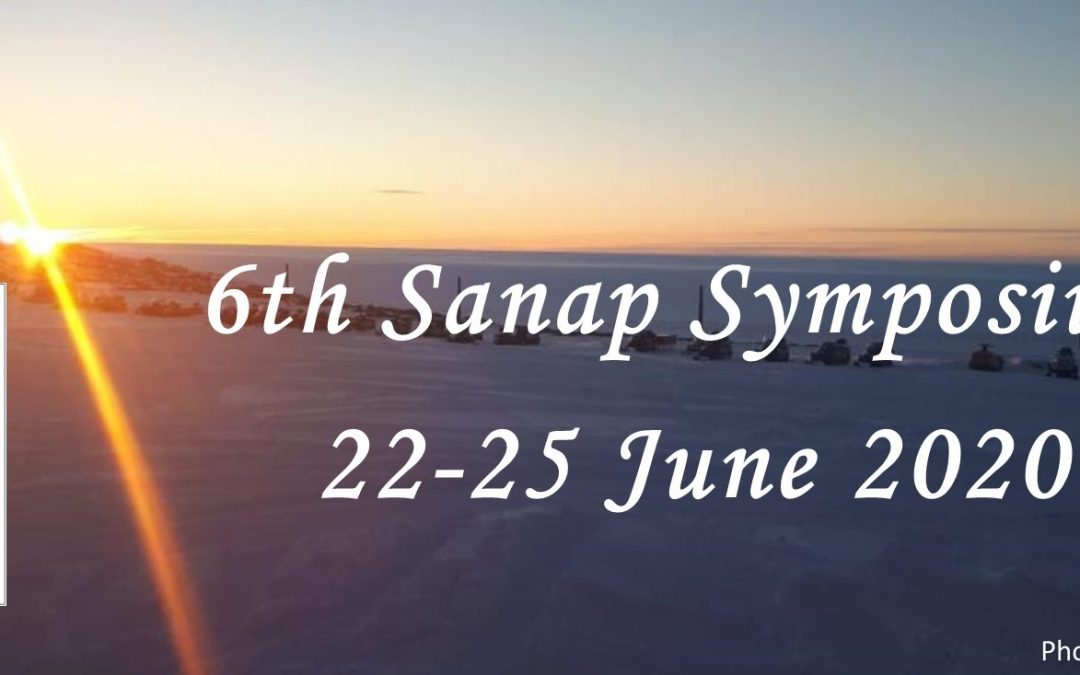
by Ria Olivier | Feb 13, 2020 | Announcement, Current Event, Meetings, News, Research, SANAP, Science
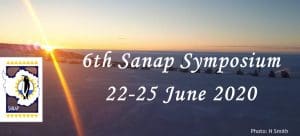 SAVE the Date for the 6th Biannual SANAP Symposium that will take place 22-25 June 2020.
SAVE the Date for the 6th Biannual SANAP Symposium that will take place 22-25 June 2020.
Read Gansen Pillay opening speech to the SANAP community at the previous symposium in Hermanus.
Communication form the Director of Knowledge Advancement and Support (KAS), Tracy Klarenbeek : 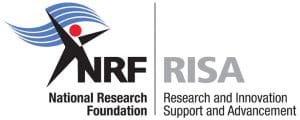 ” Please save the date for the 2020 SANAP Symposium: 22-25 June 2020 (inclusive). This date has been selected to accommodate the university exam timetable, and the departure of the SEAMester cruise. So as to feed into the international space, it is also scheduled to take place before the 2020 SCAR Conference in Hobart in August 2020. The event is going to take place in the Western Cape. More details to follow in due course. “
” Please save the date for the 2020 SANAP Symposium: 22-25 June 2020 (inclusive). This date has been selected to accommodate the university exam timetable, and the departure of the SEAMester cruise. So as to feed into the international space, it is also scheduled to take place before the 2020 SCAR Conference in Hobart in August 2020. The event is going to take place in the Western Cape. More details to follow in due course. “
Benefits of Attending Conferences 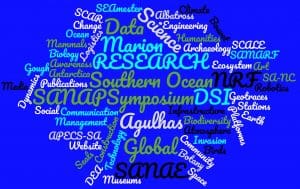
Get feedback on an early version of your latest work.
Get to know other people in your field.
Hear about the latest research.
Improve your presentation and communication skills.
Meet your academic heroes.
Engage in high-level debates and refine your ideas.
Adding to your CV.
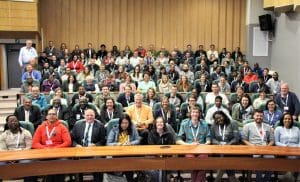 Left: Opening session of the 5th Biannual SANAP Symposium hosted by CPUT and SANSA.
Left: Opening session of the 5th Biannual SANAP Symposium hosted by CPUT and SANSA.
Venue will soon be announced and Symposium website opened.
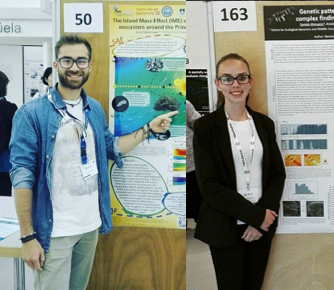
by Fishgate@sanap | Jul 10, 2018 | News
The 5th Biannual South African National Antarctic Programme (SANAP) Symposium will be held from 13 – 16 August 2018, in Hermanus (read more here).
This year there will be a large number of 20 minute oral and digital poster presentations (in a 4 minute speed talk oral format). If you are wondering how to structure your scientific poster for this symposium, make sure to take some tips from the two South African early career scientists awarded with the 1st and 2nd prize for the Association of Polar Early Career Scientists (APECS) Poster Awards (Sector: Africa and Middle) at POLAR2018 (SCAR/IASC Open Science Conference 2018).
Winner: Luca Stirnimann, University of Cape Town, Poster Title: “The Island Mass Effect (IME) on carbon cycling in the plankton ecosystem around the Prince Edward Islands archipelago”.
Runner-up: Daniela Monsanto, University of Johannesburg, Poster Title: “Genetic patterns at fine spatial scales: complex findings in a complex landscape”.
More about Luca:
Luca is a PhD student at the University of Cape Town who will use the samples collected on the Antarctic Circumnavigation Expedition (ACE) cruise to investigate zooplankton and phytoplankton dynamics in the Southern Ocean in the context of nutrient cycling and primary production. He will compare ecosystem dynamics in the vicinity of Subantarctic island systems with the open Southern Ocean. Luca graduated summa cum laude in Marine Sciences from the University of Genova – Italy and then spent one year at the Plymouth University – UK pursuing an internship and participating in scientific cruises and volunteer schemes. He is passionate about marine life and thinks plankton are important for healthy marine ecosystems and as an indicator of global environmental change.
The goal of Luca’s PhD is to investigate zooplankton and phytoplankton dynamics in the Southern Ocean, in the context of nutrient cycling and primary production, in the vicinity of Subantarctic island systems and in the open Southern Ocean (including within ocean mesoscale features such as eddies). Expected outcomes of this work include a fundamental understanding of the role of zooplankton in the Southern Ocean nitrogen and carbon cycles, as well as information on the functioning of food webs in response to environmental drivers such as changing nutrients concentrations. The major motivation for this work is a better understanding of Antarctic fertility and planktonic system dynamics and their response to the environmental drivers such as changes in nutrient dynamics. Luca’s results will be of value for developing and improving models of plankton and nutrients dynamics, which will ultimately be important for marine policy development, environmental management, particularly for the Prince Edward Islands, a South African Marine Protected Area (MPA), and for a well-developed ocean economy in the context of the Antarctic fisheries.
Luca’s project falls under the current SANAP Project: “A nitrogen cycle view of atmospheric CO2 sequestration in the Antarctic Ocean” (Principal Investigator: Dr SE Fawcett, University of Cape Town).
More about Daniela:
Daniela Monsanto is a young, vibrant researcher working in the Centre for Ecological Genomics and Wildlife Conservation at the University of Johannesburg. She completed her undergraduate and BSc (Hons) studies at UJ, majoring in Zoology and Biochemistry, and when not working on her MSc, is a passionate soccer player (provincial level).
Daniela has been involved in research on sub-Antarctic Marion Island for the past 3 years (her Honours project introduced her to the Southern Ocean jewels). She has a strong passion for her study area, and understanding how the changing climate impacts sub-Antarctic islands and the species inhabiting them. To this end, her Masters project aims to understand how individuals perceive their specific habitat matrix and how this matrix, and changes within it, might affect local movement (in essence, a landscape ecology/genetic approach). Her study organism is Cryptopygus antarcticus travei, a springtail endemic to the Prince Edward Islands. Her results uncovered complex genetic patterns at the scale of tens to hundreds of meters, with genetic discontinuities between sites separated by less than 20 meters. These complex spatial patterns are potentially driven by microhabitat preferences and/or local adaptations to a heterogeneous landscape across Marion Island. Daniela is taking her research a step further and is in the process of annotating the full genome of C. a. travei; once done, she will be able to identify regions that may be linked to adaptive genes/traits, and use this information to better understand genomic adaptations across different environmental gradients.
Daniela’s project falls under the current SANAP Project: “Biocomplexity: Understanding biological patterns in space and time” (Principal Investigator: Prof B van Vuuren, University of Johannesburg).
Authors: Anché Louw (Antarctic Legacy of South Africa), Luca Stirnimann (University of Cape Town) and Daniela Monsanto (University of Johannesburg), 10 July 2018.


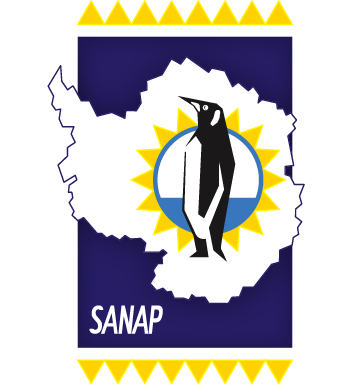




 The 6th SANAP Research symposium was held at Houw Hoek Hotel in the Western Cape, from 27 November to 1 December 2023. A series of posts will be done on the SANAP website to give feedback on sessions and more will follow in the next few weeks.
The 6th SANAP Research symposium was held at Houw Hoek Hotel in the Western Cape, from 27 November to 1 December 2023. A series of posts will be done on the SANAP website to give feedback on sessions and more will follow in the next few weeks. The symposium started with a keynote lecture by Prof Jukka Tuhkuri of Aalto University, Finland on the expedition to find the shipwreck of the Endurance: “On March 5th, 2022 an international Endurance22 expedition located the wreck of Endurance, the lost vessel of Ernest Shackleton. The Endurance22 expedition was organized by the Falklands Maritime Heritage Trust and the expedition team was taken to the wreck site by S.A. Agulhas II, captain Knowledge Bengu and his crew. Jukka outlined and discussed the three goals of the expedition: to locate the wreck, to tell the story of Endurance to new generations, and to conduct scientific work. The science team onboard included scientists from Stellenbosch University and Aalto University. The Keynote lecture discusses, inter alia, who Shackleton was, how the Endurance was lost and found, and what was learned on the Weddell Sea Expedition” abstract supplied by Prof Tuhkuri. (Above: Photo Credit – Anché Louw, SAPRI)
The symposium started with a keynote lecture by Prof Jukka Tuhkuri of Aalto University, Finland on the expedition to find the shipwreck of the Endurance: “On March 5th, 2022 an international Endurance22 expedition located the wreck of Endurance, the lost vessel of Ernest Shackleton. The Endurance22 expedition was organized by the Falklands Maritime Heritage Trust and the expedition team was taken to the wreck site by S.A. Agulhas II, captain Knowledge Bengu and his crew. Jukka outlined and discussed the three goals of the expedition: to locate the wreck, to tell the story of Endurance to new generations, and to conduct scientific work. The science team onboard included scientists from Stellenbosch University and Aalto University. The Keynote lecture discusses, inter alia, who Shackleton was, how the Endurance was lost and found, and what was learned on the Weddell Sea Expedition” abstract supplied by Prof Tuhkuri. (Above: Photo Credit – Anché Louw, SAPRI) A welcoming reception took place after the keynote lecture . This reception allowed members of the SANAP community (both old and new) to interact in an informal meet and greet for the first time since the last Symposium in 2018. The 2020 Symposium was cancelled due to the COVID-19 pandemic, and a decision was made to postpone the 2022 Symposium to allow the SANAP community to generate new data post-pandemic.
A welcoming reception took place after the keynote lecture . This reception allowed members of the SANAP community (both old and new) to interact in an informal meet and greet for the first time since the last Symposium in 2018. The 2020 Symposium was cancelled due to the COVID-19 pandemic, and a decision was made to postpone the 2022 Symposium to allow the SANAP community to generate new data post-pandemic. Afterwards a workshop was held by the Association for Polar Early Career Scientists of South Africa (APECSSA), and they reported back to the SANAP community n Day 3 of the symposium. (Right: Photo Credit: Anché Louw – SAPRI)
Afterwards a workshop was held by the Association for Polar Early Career Scientists of South Africa (APECSSA), and they reported back to the SANAP community n Day 3 of the symposium. (Right: Photo Credit: Anché Louw – SAPRI) Prior to the commencement of the Symposium, a meeting of the members of the South African national committee for Scientific Committee on Antarctic Research (SCAR) took place chaired by Prof Bettine van Vuuren and was attend in person and online by members of the committee. Prof van Vuuren as chair of the national committee feedback on day 2 of the symposium.
Prior to the commencement of the Symposium, a meeting of the members of the South African national committee for Scientific Committee on Antarctic Research (SCAR) took place chaired by Prof Bettine van Vuuren and was attend in person and online by members of the committee. Prof van Vuuren as chair of the national committee feedback on day 2 of the symposium.
 SAVE the Date for the 6th Biannual SANAP Symposium that will take place 22-25 June 2020.
SAVE the Date for the 6th Biannual SANAP Symposium that will take place 22-25 June 2020. ” Please save the date for the 2020 SANAP Symposium: 22-25 June 2020 (inclusive). This date has been selected to accommodate the university exam timetable, and the departure of the SEAMester cruise. So as to feed into the international space, it is also scheduled to take place before the 2020 SCAR Conference in Hobart in August 2020. The event is going to take place in the Western Cape. More details to follow in due course. “
” Please save the date for the 2020 SANAP Symposium: 22-25 June 2020 (inclusive). This date has been selected to accommodate the university exam timetable, and the departure of the SEAMester cruise. So as to feed into the international space, it is also scheduled to take place before the 2020 SCAR Conference in Hobart in August 2020. The event is going to take place in the Western Cape. More details to follow in due course. “
 Left: Opening session of the 5th Biannual SANAP Symposium hosted by CPUT and SANSA.
Left: Opening session of the 5th Biannual SANAP Symposium hosted by CPUT and SANSA. 
